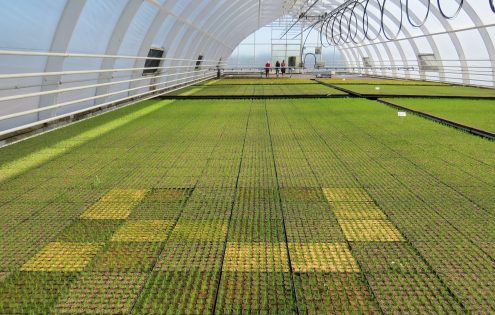Forest resources data are the backbone of sustainable use of forests; we need to know how much there is to know how much we can use, taking into account environmental, economic and social preconditions. Recognition of the possibilities of forests in mitigating climate change, not only through direct carbon sequestration but also as a source of climate-smart raw-materials, has increased the demand for information on forest and tree resources.
Luke monitors the forest resources and state of forests in Finland with the National Forest Inventory (NFI). The data are merged with other information sources, models and economic data to make scenarios on the development of forests under different management strategies to support political and economic decision making. Luke has close cooperation with other European institutes and research organizations to develop forest information and decision making on a European level.
From tree breeding to continuous cover forestry and impacts on surface and ground water quality, Luke’s contribution to forestry research is diverse. Climate change can increase forest vulnerability to damage and disease, reduce forest health and productivity, and cause economic losses. Our research on, for example, forest damage and adaptive breeding aims to increase forest survival and maintain its productivity, sustainability and resilience of forests. Somatic embryogenesis is another example of rather new, interesting methods on our research agenda. It helps provide homogeneous seeds for increased growth, but also gives more information for genomic selection, which could help make trees more resistant to certain pathogens.
Continuous cover forestry is a topic that is under a rather vivid debate. In any case, the method seems to be particularly beneficial in storing carbon in peat swamp forests, which help mitigate climate change. Luke studies continuous cover forestry beginning with its biological and technical foundations all the way to its economic, social and ecological impacts and operating models. And as climate is warming, the demand for proven knowledge on managing peat swamp forests is growing.
Luke is also at the forefront of research related to smart technologies used in forest management and wood supply. The aim is to create more cost effective and environmentally sustainable methods for forest management and harvesting.



